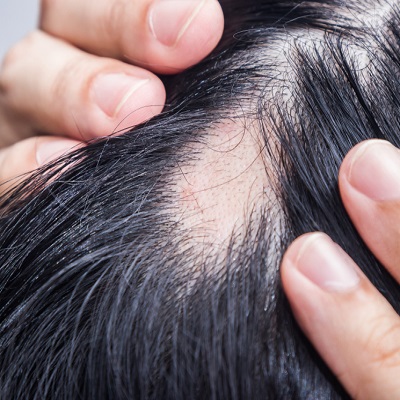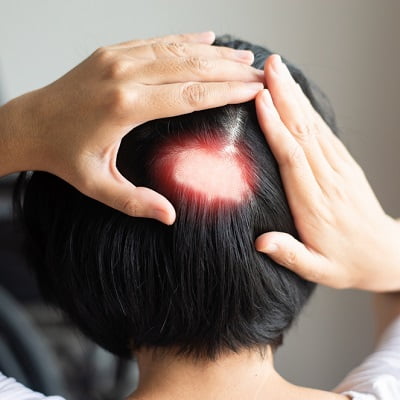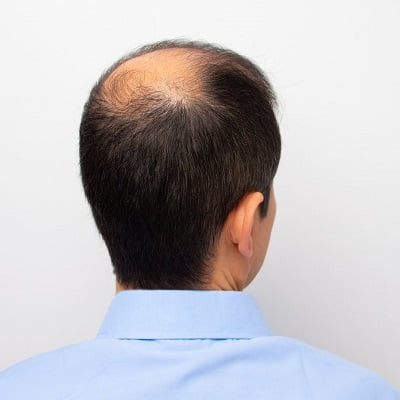
There are multiple hair loss conditions that usually people experience at any age. Alopecia areata is one of them. Now you may think that How does alopecia areata impact your daily life? Well, different people have different lifestyles and personalities. They would never want to have a such condition that can impact their self-image.
In this blog post, you will learn about the basics of alopecia areata and how it affects your daily life. So, take a moment and read the following details carefully.
What Is Alopecia Areata?
Alopecia areata is a medical condition that causes hair loss, typically in small, round patches on the scalp or other areas of the body. It is an autoimmune disorder in which the body’s immune system attacks hair follicles, causing the hair to fall out.
The exact cause of alopecia areata is not known, but it is thought to be a combination of genetic and environmental factors. It can affect people of all ages, genders, and ethnicities, and it may occur suddenly and without warning.
While the hair loss associated with alopecia areata is typically temporary, it can sometimes be permanent. There is no known cure for alopecia areata, but there are treatments available that can help to manage the condition and promote hair regrowth. These treatments include topical and oral medications, injections of corticosteroids, and hair transplant surgery.
How It Can Impact Your Daily Life?
Alopecia areata can have a significant impact on a person’s daily life, especially their emotional well-being and self-esteem. Losing hair, especially in visible areas such as the scalp, can be distressing and can affect a person’s self-image and confidence. The emotional impact of alopecia areata can be particularly difficult for children and teenagers who may face teasing or bullying.
In addition to the emotional impact, alopecia areata can also have practical implications. For example, people with alopecia areata may need to adapt their grooming routines, such as using hats or scarves to cover bald patches, using wigs or hairpieces, or using sunscreen to protect the scalp from sunburn.
Finally, some people with alopecia areata may experience social anxiety or depression as a result of their condition, which can affect their ability to participate in social activities or form close relationships. Seeking support from a therapist or a support group may help manage these emotional challenges.
Best Treatments For Alopecia Areata:
There is no single effective treatment for alopecia areata since the effectiveness of various treatments can vary from person to person. However, here are some common treatments that may be recommended:
- Minoxidil: This medication is a topical solution that is applied to the scalp to promote hair growth.
- Platelet-rich plasma (PRP) therapy: This involves injecting the patient’s blood plasma, which is rich in growth factors, into the scalp to stimulate hair growth.
- Hair transplant surgery: This is a more invasive option that involves transplanting hair from other areas of the body to the scalp.
It’s important to note that not all of these treatments will work for everyone, and it may take some trial and error to find the right treatment plan. Additionally, some people with alopecia areata may experience spontaneous hair regrowth without treatment.
The Bottom Line!
Alopecia areata is an autoimmune condition that causes hair loss, typically in small, round patches on the scalp or other areas of the body. It can have a significant impact on a person’s emotional well-being and daily life.
If you are the one who has such issues, feel free to visit SKN Cosmetic Clinic Islamabad. They will examine your condition and recommend you a suitable treatment.









